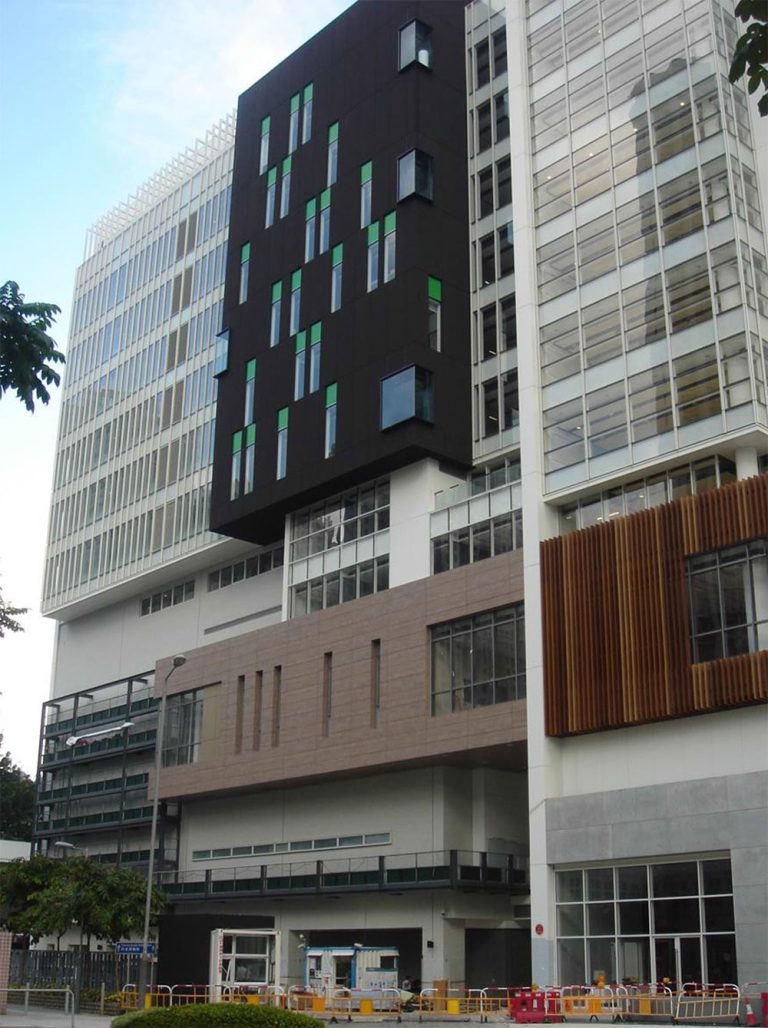
Introduction: A New Era in Personalized Cancer Care at Hong Kong Sanatorium Hospital
Hong Kong Sanatorium Hospital is taking a big step forward in cancer care with in-hospital gene mutation testing. This new service helps doctors create treatment plans that fit each patient’s unique needs. The test checks 335 different genes to find changes that might affect cancer growth. It costs HKD40,000, and so far, 20 patients have used this service. The hospital is showing its focus on using the latest technology to give patients the best, most personal care possible.
Beyond the Lab: The Advantage of In-Hospital Testing
Having gene mutation testing right inside the hospital makes a huge difference. Results come back faster than when tests are sent to outside labs. This speed means doctors can start or change treatments sooner. Also, oncologists (cancer doctors) and geneticists (gene experts) work together closely under one roof. They talk easily and make decisions as a team. This setup helps patients get the right care without delays.
Unpacking the 335 Genes: What This Comprehensive Panel Means for Patients
The test at Hong Kong Sanatorium Hospital looks at 335 genes. That’s a lot of information! Checking so many genes helps doctors find specific changes, called mutations, that can guide treatment. Some genes show if a patient might respond to targeted therapies, which attack cancer in a precise way. Others show if immunotherapy, a treatment that boosts the body’s defenses, might work. Some even warn about drug resistance. Testing this many genes also helps spot rare or surprising mutations that could change the treatment plan.
The HKD40,000 Investment: Understanding the Value of Personalized Treatment
The cost of this gene test is HKD40,000. This price covers the process of reading the genes, analyzing the data, and explaining the results to doctors and patients. While it might seem expensive, it can save money in the long run. Personalized treatment means avoiding drugs that won’t work, which cuts down on wasted time and side effects. Right now, there’s no public data to compare this cost to other tests, but the value lies in getting a treatment that fits the patient’s exact needs.
Early Impact: Insights from the First 20 Patients
So far, 20 patients have taken this gene test at the hospital. While we keep their personal details private, we can say they had different types of cancer, like lung or breast cancer. For some, the test found mutations that led to new treatment options, such as targeted drugs. For others, it helped avoid treatments that wouldn’t work. These early results show how the test can change care for the better. The hospital is learning a lot from this first group and seeing positive steps in their treatment journeys.
The Future of Cancer Treatment at Hong Kong Sanatorium Hospital: Expanding Access and Impact
The hospital has big plans for this testing service. They might add even more genes to the panel in the future to find more answers. They also want to help more patients get access to this test, possibly by lowering costs or working with insurance. Plus, they aim to combine this test with other high-tech tools for even better diagnosis. This service is just the start of building a strong personalized medicine program at the hospital.
Conclusion: Empowering Patients with Knowledge and Precision
Hong Kong Sanatorium Hospital’s in-hospital gene mutation testing brings huge benefits. It offers fast results, checks 335 genes for detailed insights, and helps create treatments that truly fit each patient. The HKD40,000 cost is an investment in better care. We encourage patients and doctors to learn more about this service. Looking ahead, this technology will keep changing cancer care in Hong Kong for the better, giving hope and power to those fighting the disease.












